
Last Updated At: 28-Mar-2024
10 Beautiful Valleys In Bhutan You Must Visit In 2024
Bhutan's valleys, tucked away in the soaring Himalayan ranges, are a mesmerising monument to the nation's natural and cultural wealth. In addition to being a visual feast, these beautiful, tranquil landscapes have a profound spiritual importance in Bhutanese culture. Terraced farms, colourful monasteries, and friendly residents will welcome you as you travel through these beautiful valleys. Each valley in Bhutan offers a distinctive tapestry of beauty, history, and spirituality that leaves an everlasting impact on everyone who visits, whether you're visiting the verdant Paro Valley with its renowned Tiger's Nest Monastery or immersing yourself in the serenity of Punakha Valley.
List Of Top 10 Valleys In Bhutan
The Himalayan valleys of Bhutan are serene havens of stunning natural beauty and a diverse cultural heritage. Here are some of the best valleys to visit in Bhutan:-
- Paro Valley | Lush Green Hills and Dotted With Traditional Bhutanese Buildings
- Punakha Valley | Fertile Valley With Terraced Fields
- Haa Valley | Featuring Golden Fields and Colourful Trees
- Phobjikha Valley | Serene Valley Known For its Vast Marshlands
- Bumthang Valley | Ancient Temples and Monasteries Encircled by Hills
- Chhukha Valley | Valley with a Mix of Natural Beauty and Industrial Zones
- Tang Valley | Remote Area With Pristine Landscapes
- Lhuentse Valley | Known For its Intricate Handwoven Textiles
- Trongsa Valley | Featuring the Historic Fortress
- Samtse Valley | Region With Agriculture and Rural Landscapes
1. Paro Valley | Lush Green Hills and Dotted With Traditional Bhutanese Buildings
The Paro Valley is a stunning environment of natural beauty and cultural diversity located in the centre of Bhutan. This gorgeous valley is embellished with traditional Bhutanese architecture that merges seamlessly with its surroundings and is surrounded by lush green hills. The majestic fortress-monastery Paro Dzong, built in historical times, is at its heart. As the entryway to Bhutan, Paro Valley is renowned for its breathtaking beauty, making it a must-visit location for tourists looking for an authentic Bhutanese experience.
- Major Highlights. The valley in Bhutan offers stunning landscapes, the iconic Paro Taktsang, vibrant culture, and a rich history.
- Location. Paro, Bhutan
Read More: Places To Visit In Bhutan
2. Punakha Valley | Fertile Valley With Terraced Fields
Bhutan's Punakha Valley is a magnificent example of the nation's natural and cultural heritage. The stately Punakha Dzong serves as the focal point of this rich valley and is known for its terraced fields that produce a plentiful harvest. The spectacular architecture of the dzong, located at the meeting point of two rivers, adds to the valley's beauty. Punakha Valley is a tranquil location that provides visitors seeking cultural and natural beauty with a glimpse into Bhutan's rich history and stunning vistas.
- Major Highlights. A magnificent fortress monastery that functions as both a religious and governmental hub. The verdant rice fields of the valley make for a beautiful scene, especially when they are in full bloom.
- Location. Punakha Valley, Bhutan
Read More: Things To Do In Bhutan
3. Haa Valley | Featuring Golden Fields and Colourful Trees
Haa Valley is a calm and attractive location that enchants visitors with its natural beauty and tranquillity. It is a hidden gem in Bhutan. This valley, hidden in the Bhutanese Himalayas, has golden fields in the fall and offers a distinctive fusion of Bhutanese culture and stunning scenery. A tranquil refuge and a window into Bhutan's rich history can be found in Haa Valley, renowned for its traditional buildings and clean surroundings.
- Major Highlights. Bhutan's Haa Valley enchants visitors with its natural scenery, Haa Dzong, traditional architecture, and annual festivals.
- Location. Haa, Bhutan
Read More: Places To Visit In Bhutan
4. Phobjikha Valley | Serene Valley Known For its Vast Marshlands
The Phobjikha Valley is a region of calm beauty and ecological significance located in the centre of Bhutan. The huge marshlands that make up this isolated valley are famed for being the winter home to the magnificent black-necked cranes that come here every year. The unspoiled nature and ancient Bhutanese communities in the valley offer a peaceful haven. The Phobjikha Valley presents an exceptional chance to experience nature up close and see how wildlife and Bhutanese culture coexist peacefully.
- Major Highlights. The valley in Bhutan is renowned for its breathtaking natural beauty, featuring a pristine glacial valley surrounded by majestic mountains.
- Location. Phobjikha, Bhutan
5. Bumthang Valley | Ancient Temples and Monasteries Encircled by Hills
Bhutan's central Bumthang Valley has enormous cultural and spiritual significance. This valley is frequently called the "spiritual heartland" of Bhutan since it is dotted with age-old temples and monasteries. Bumthang, surrounded by forested hills and productive fields, offers a tranquil and ancient atmosphere that attracts tourists looking for a deeper understanding of Buddhism and Bhutanese culture. The valley is an alluring location for spiritual inquiry and unspoiled nature because of its serene beauty and historical religious significance.
- Major Highlights. The valley in Bhutan is a cultural and historical treasure known for its sacred temples and monasteries.
- Location. Bumthang Valley, Jakar, Bhutan
Read More: Culture Of Bhutan
6. Chhukha Valley | Valley with a Mix of Natural Beauty and Industrial Zones
In the southwest of Bhutan, in the Chhukha Valley, there is a rare synthesis of economic growth and natural beauty. One of Bhutan's main power sources, the Chhukha Hydroelectric Project, is located there. Power facilities, dams, and reservoirs are aesthetically pleasingly incorporated into the beautiful scenery. Bhutan's dedication to sustainable development is best demonstrated in this valley, which uses its natural resources while maintaining its magnificent environment. The nation's balanced approach to development and preservation is on display in Chhukha Valley.
- Major Highlights. Offers stunning scenery with lush green hills and the picturesque Chhukha Dzong
- Location. Chhukha, Bhutan
7. Tang Valley | Remote Area With Pristine Landscapes
A journey into the heart of traditional Bhutanese culture and natural beauty may be had in Tang Valley, a secluded and unspoiled area of Bhutan. Tang Valley offers a tranquil retreat from contemporary life because magnificent surroundings surround it, including lush forests and terraced farmland. It is a spot where time has stopped because of how authentically Bhutanese traditions and architecture have been kept due to its isolation. Tang Valley offers visitors the chance to experience Bhutan's peacefulness and extensive cultural heritage fully.
- Major Highlights. It is a hidden gem for those seeking an authentic Bhutanese experience.
- Location. Tang Valley, Bhutan
Read More: Famous Festival Of Bhutan
8. Lhuentse Valley | Known For its Intricate Handwoven Textiles
The northeastern region of Bhutan contains the Lhuentse Valley, an area of stunning natural beauty and significant historical significance. The valley, which is well-known for its fine craftsmanship and complex handwoven textiles, is a symbol of Bhutan's rich history. Ancient monasteries and typical Bhutanese villages may be found across the landscape in Lhuentse, which is nestled among rocky terrain. Those looking for a closer connection to Bhutanese culture and history will find the valley a mesmerising location due to its timeless appeal and artistic traditions.
- Major Highlights. Beautiful countryside, distant Bhutanese culture, traditional textiles, and revered monasteries.
- Location. Lhuentse Valley, Bhutan
9. Trongsa Valley | Featuring the Historic Fortress
The central Bhutanese region of Trongsa Valley is recognised for its historical and architectural wonders. The recognisable Trongsa Dzong, a stronghold important in Bhutan's history, commands the landscape. This valley provides a window into Bhutan's history with its historic monasteries and traditional Bhutanese communities. Due to its advantageous position, Trongsa has emerged as an important cultural and political hub in Bhutan, and tourists are continually drawn in by its breathtaking scenery and rich cultural legacy.
- Major Highlights. Scenic drive along Bhutan's central highway and vibrant culture
- Location. Tongsa Dzong, Bhutan
10. Samtse Valley | Region With Agriculture and Rural Landscapes
The southern Bhutanese region of Samtse Valley is distinguished by its blend of rural life and agricultural scenery. This valley, surrounded by undulating hills, exhibits Bhutan's rural roots with rice, maise, and vegetable crops. The opportunity to witness Bhutan's genuine rural culture and the southern region's natural beauty is provided by this insight into the daily lives of Bhutanese villagers. For those wanting a more sedate and authentic experience of Bhutan, Samtse Valley is a welcoming place.
- Major Highlights. Bhutan's rural life is characterised by its agricultural hub, lush vegetation, calm rivers, ethnic variety, and picturesque villages.
- Location. Samtse, Bhutan
Read More: Famous Food Of Bhutan
Adotrip can be your ideal travel companion for exploring valleys and peaks in Bhutan. With ours assistance, you can access comprehensive travel itineraries, book accommodations, and discover the best routes to explore valleys in the region. Let us make your trip to Bhutan seamless and memorable, ensuring you don't miss a drop of natural beauty.
With us, nothing is far!
Book Bhutan Tour Packages
Frequently Asked Questions About the Valleys in Bhutan
Q1. Which valleys in Bhutan are known for their breathtaking natural beauty and landscapes?
A1. Several valleys in Bhutan, notably Phobjikha, Bumthang, Paro, Haa, Punakha, and Chamkhar Valley are renowned for their breathtaking natural beauty and scenery. Travellers are captivated by these areas' gorgeous mountains, lush forests, and clear rivers.
Q2. How do valleys play a role in shaping the local culture and way of life?
A2. Valleys frequently impact local culture and way of life by offering agriculturally productive land, enabling trade routes, and acting as gathering areas. These geographical characteristics influence customs, economy, and interpersonal relationships within communities.
Q3. What are the different activities and attractions that visitors can find in Bhutan's valleys?
A3. The different activities and attractions that visitors can find in Bhutan's valleys are:-
- Cultural Tours
- Adventure Sports
- Traditional Festivals
- Farmstays
- Scenic Drives
- Photography
Q4. Are there any hidden or off-the-beaten-path valleys that travellers might enjoy exploring?
A4. Bhutan has undiscovered gems like Lhuentse, a secluded, less-travelled area with distinctive textiles and sceneries. In addition, for intrepid travellers, Tang Valley and Haa Valley provide serene, off-the-beaten-path adventures.
Q5. How does the agricultural lifestyle of Bhutanese communities thrive in these valleys?
A5. With their rich soil and ideal temperature, Bhutan's valleys are ideal for traditional farming methods. Communities grow crops, including potatoes, buckwheat, barley, and rice, to maintain an independent agricultural way of life, a fundamental part of Bhutanese culture.
Q6. Are there any famous religious or historical sites located within Bhutanese valleys?
A6. Yes, Bhutan's valleys are lined with venerated monasteries like the Taktshang (Tiger's Nest) Monastery and well-known dzongs like Trongsa and Paro, adding to the country's rich cultural history.
Q7. How can travellers engage with local communities and experience their daily life in valleys?
A7. By staying in homestays, taking part in traditional festivals, visiting local markets, and trying their hand at crafts or agricultural pursuits, tourists can interact with Bhutanese people and promote genuine cultural exchanges.
Q8. What are the seasonal variations and festivals that bring valleys to life throughout the year?
A8. The valleys of Bhutan have unique seasons, and there are exciting celebrations every day. Punakha Drubchen and Paro Tsechu take place in the spring, followed by the Haa Summer Festival in the summer and Thimphu Tshechu in the fall. The festival calendar ends with Punakha Dromche and Wangdue Phodrang Tshechu in the winter.
Q9. Can you suggest some trekking routes or outdoor adventures that go through Bhutanese valleys?
A9. Bhutan provides exceptional valley hiking routes like the Druk Path Trek, Jomolhari Trek, and Snowman Trek. For outdoor enthusiasts to explore, each provides a variety of scenery featuring woods, lakes, and high mountain passes.
Q10. What are some recommended ways to capture the essence of Bhutanese valleys through photography?
A10. Focus on early mornings and late afternoons for soft lighting to showcase Bhutanese valleys. Place a focus on historic landscapes, buildings, and lively festivals. Engage locals to capture natural images that highlight the region's cultural diversity.
--- Published By Adotrip
Latest Blogs
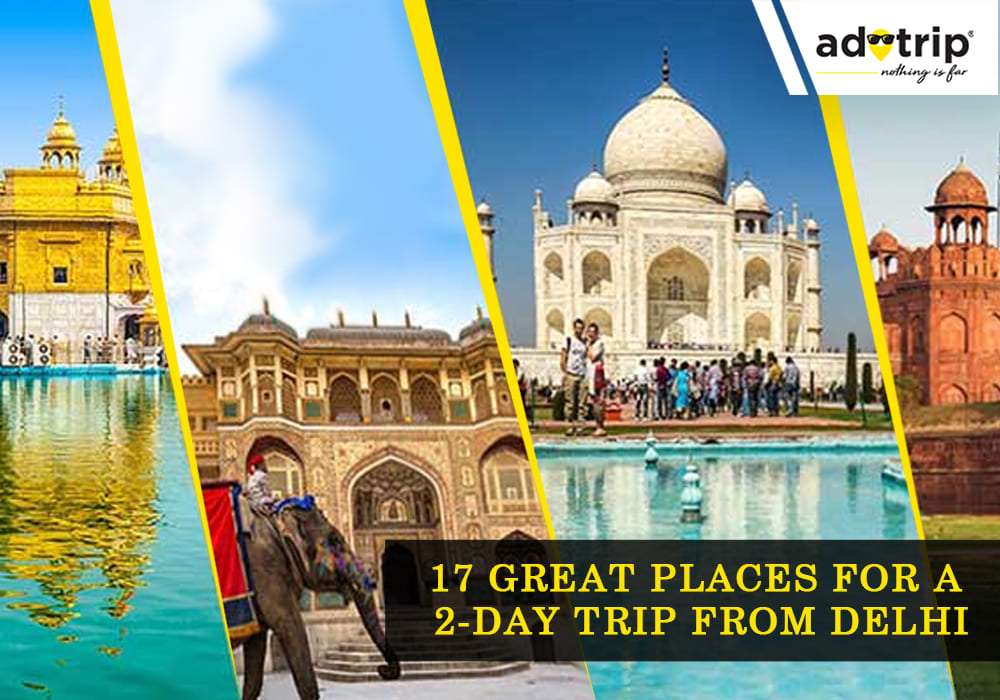
17 Best Places for 2 Days Trip from Delhi
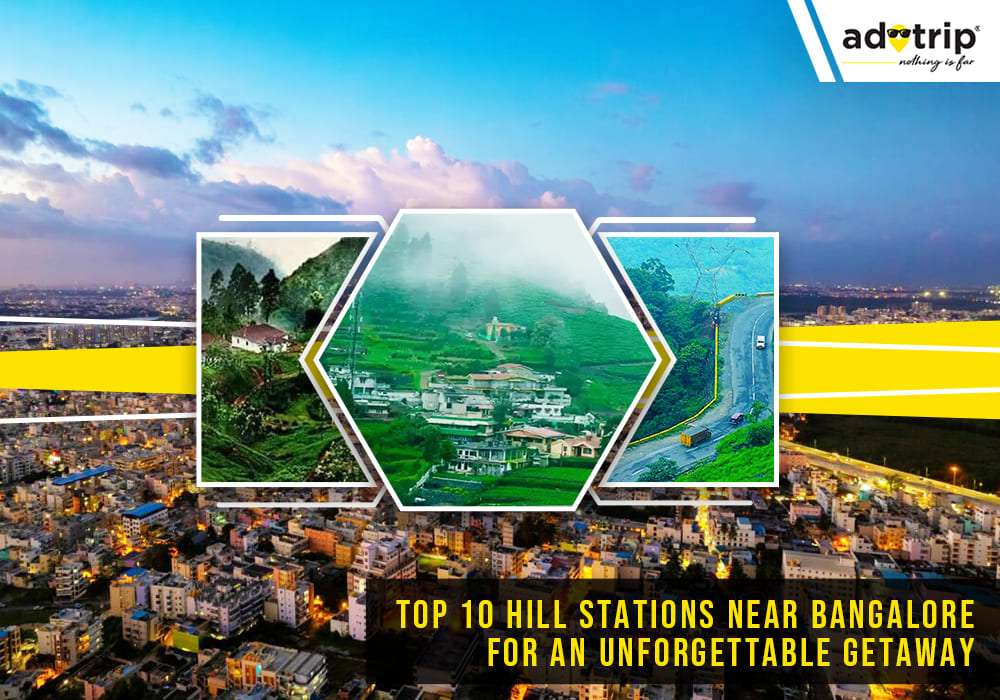
Top 10 Hill Stations Near Bangalore for an Unforgettable Get...
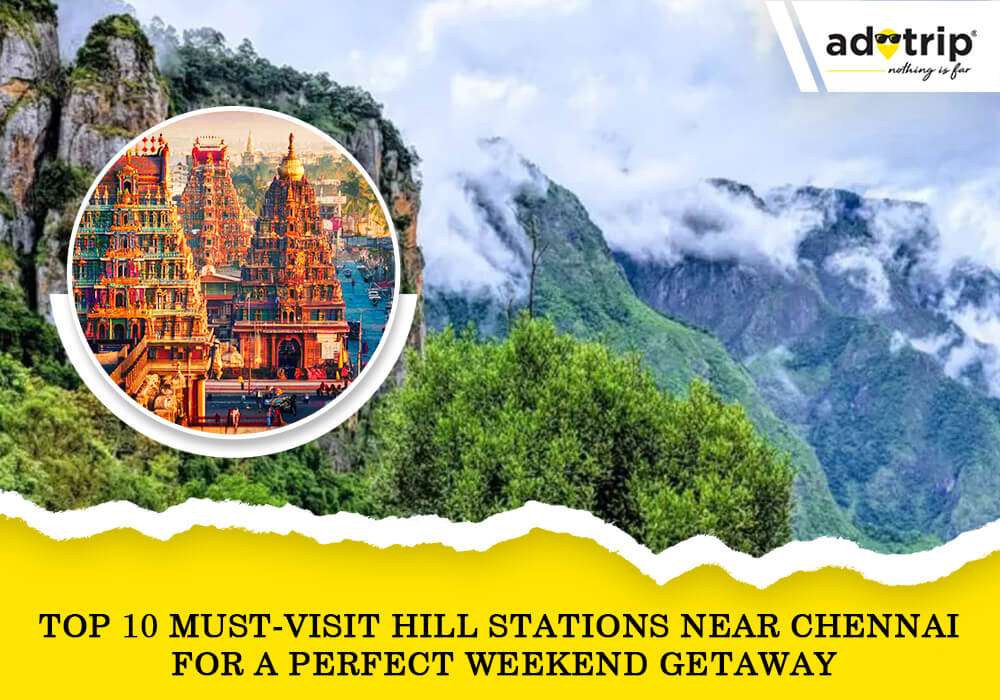
Top 10 Hill Stations Near Chennai For a Perfect Getaway

10 Best Hill Station Getaways Near Gurgaon for Peace Seekers

10 Astonishing Underwater Temples of India You Must Visit in...
Speak to our experts
Popular Flights
Udaipur to Mumbai Flights
Thiruvananthapuram to Kochi Flights
Delhi to Srinagar Flights
Thiruvananthapuram to Vadodara Flights
Jaipur to Amritsar Flights
Bangalore to Raipur Flights
Jammu to Patna Flights
Chennai to Thiruvananthapuram Flights
Pune to Chennai Flights
Chandigarh to Varanasi Flights



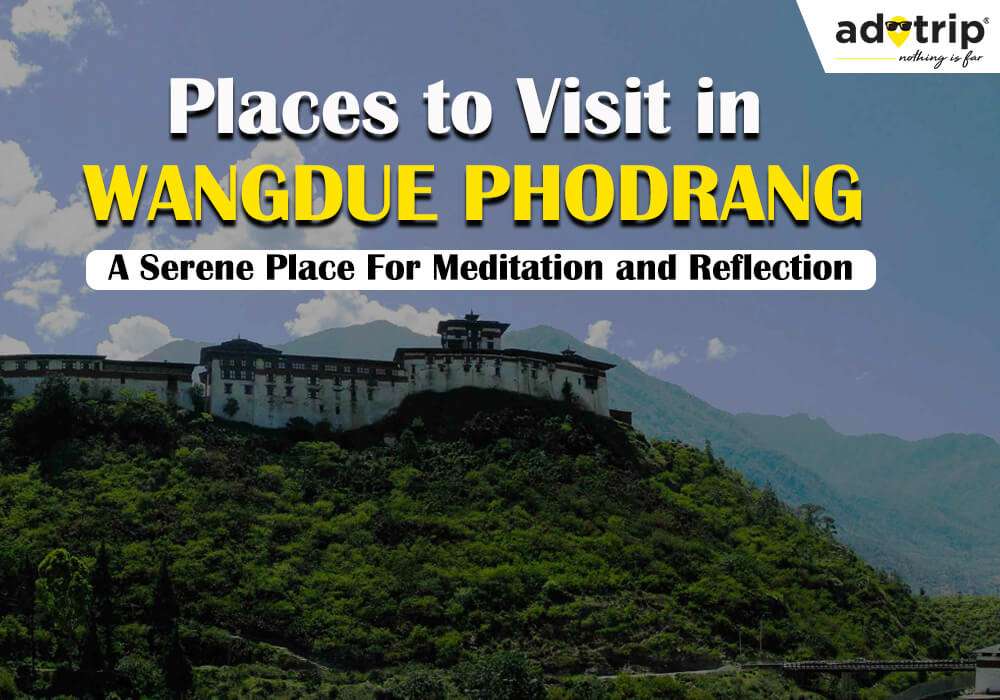

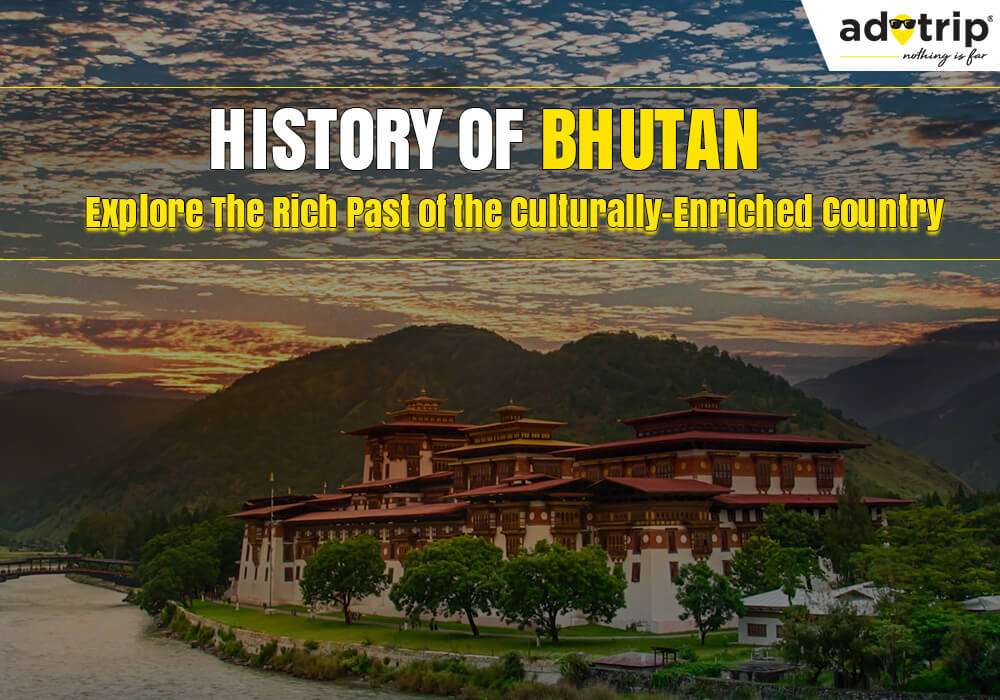
 Dubai
Dubai Malaysia
Malaysia USA
USA






